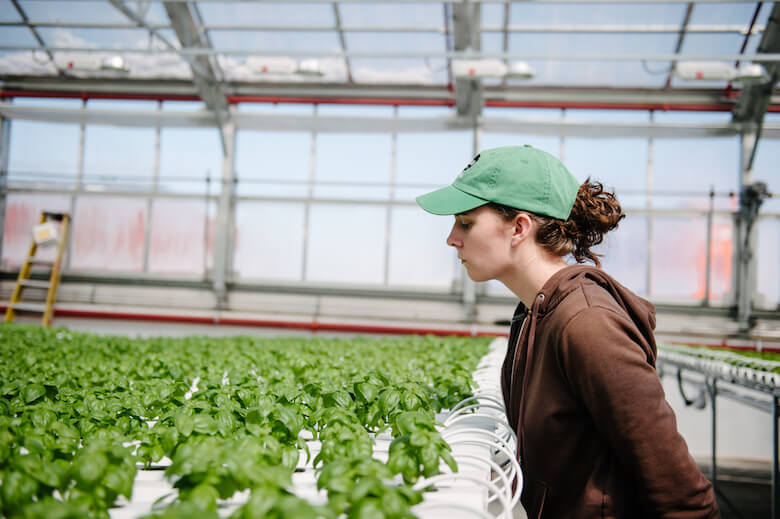
On October 26, New York City Council held a hearing about legislation (Introduction No. 1661) to develop a comprehensive urban agriculture plan for the city, which Edible Brooklyn previously reported on here. The comprehensive plan would provide clarity to land use and zoning policies that govern how particular spaces can be used. Despite the fact that New York City has the largest urban agriculture system in the country, current regulations are often confusing and at odds with the expansion of urban agriculture activities. For example, produce cannot be grown and sold on the same lot, and rooftop gardening is allowed on commercial buildings but not residential ones.
Forty-six people testified in support of the legislation, packing City Hall. According to the NYC Agriculture Collective—a coalition of urban agriculture companies, many of whom provided testimony at the hearing—the unusually high turnout is a testament to the widespread support for more cohesive regulation of urban agriculture activities.
Also among the bill’s proponents were farmers, university professors, environmental advocates, nonprofit leaders, tech entrepreneurs and other local food supporters. You can read testimony from CUNY Urban Food Policy Institute and the Design Trust. Proponents discussed job creation and economic development, positive environmental impacts, a public process to address land use conflicts and the opportunity to identify address disparate access to land and financial resources for urban agriculture. The Department of City Planning, who would be tasked with developing the plan by July 2018, provided the only opposing testimony.
Councilmember Rafael Espinal (D-Bushwick, East New York), who introduced the bill, declared the hearing a success, saying that the administration will discuss with relevant stakeholders the best way to move forward.



